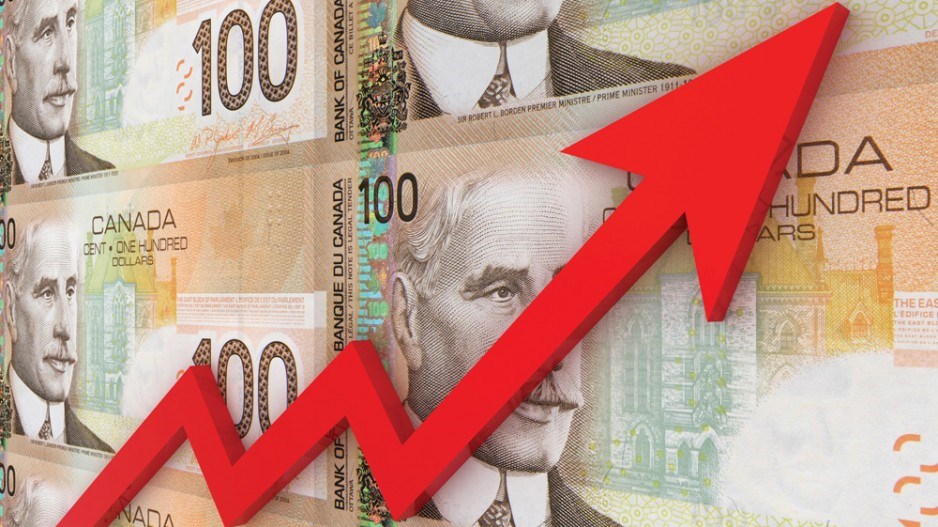British Columbians shouldn’t expect much inflation relief next year compared with other provinces.
TD economist Rishi Sondhi said B.C. and Ontario can expect inflation to be “more persistent” in 2023 as they continue to deal with high housing costs even as the price of homes take a hit.
The cause of those falling prices isn’t for lack of demand but because of rising mortgage rates brought on by the Bank of Canada’s monetary policy.
Sondhi described inflation in the two provinces as being weighted more towards services than goods.
“And services inflation has historically been stickier than goods,” he said in a Dec. 6 note.
“For instance, during periods in the 1970s and 1980s goods inflation was running hot, much like today. The fever in goods inflation ultimately broke then, as commodity prices declined. Unlike the dynamic in goods prices, services inflation kept rising and peaked more than a year after that of goods.”
Inflation in B.C. grew at an annual rate of 7.8 per cent in October, according to data released last month by Statistics Canada.
That’s the highest inflation rate among all provinces, while the national rate remained steady at 6.9 per cent in October.
And October marked the fourth consecutive month in which inflation in B.C. exceeded that of the national average:
- July: 8 per cent (B.C.) vs. 7.6 per cent (Canada)
- August: 7.3 per cent (B.C.) vs. 7 per cent (Canada)
- September: 7.7 per cent (B.C.) vs. 6.9 per cent (Canada)
- October: 7.8 per cent (B.C.) vs. 6.9 per cent (Canada)
Statistics Canada will release November inflation data on Dec. 21.
Meanwhile, Sondhi said housing costs are likely to remain “stubbornly elevated” and well above historical averages in B.C and Ontario next year.
This comes as the Bank of Canada has hiked its key rate seven times so this year in a bid to tamp down on inflation, which has in turn resulted in higher mortgage rates for many Canadian homeowners.
“In addition, rents are rising rapidly in both B.C. and Ontario. We think there will be some persistence to this trend in both regions next year, as immigration supports robust population growth,” Sondhi said.




.png;w=120;h=80;mode=crop)